Max Attraction: A Thought Experiment
How we know sexual harassment law is worse than laissez-faire
Let’s run a thought experiment.
Your hand is on a dial numbered from 0 to 10.
The dial magically gives you a one-time opportunity to set your own level of attractiveness. You can be a 5, an 8, or a 10. Whatever you like.
The choice is yours.
The catch - if you want to call it a “catch” - is that after you choose, you still live in the real world. After you choose to be an X on a 0-10 scale, you spend the rest of your life experiencing:
(a) All of the wanted attention that the typical X faces.
(b) All of the unwanted attention that the typical X faces.
How does this thought experiment play out? Simple: Nearly everyone wants to be highly attractive.
In fact, large majorities of both men and women want to be 10’s:
Only a miniscule minority wants to be average or worse:
What’s motivates this thought experiment? In part, pure curiosity. You could dismiss the results as obvious, but even I was surprised by how extreme they are. At least for women, I expected the most popular answer to be 8 or 9, not 10.
But yes, there is a agenda. Sexual harassment law has been slowly killing on-the-job romance. “At work” used to be a standard answer to the answer, “So, how did you two meet?” Now over the last quarter century, it’s fallen almost 50%.
The game theory flows straight from three primordial facts.
Showing unwanted attention is illegal.
Some people are hypersensitive.
People can’t read minds.
The ultimate effect of harassment law, then, is to drastically reduce all attention: wanted and unwanted.
Which, strangely enough, closely simulates the interpersonal effects of making all workers unattractive!
Roughly speaking, the law goes to every workplace and turns everyone over a 5 into a 5. Which virtually no one claims to want.
Who needs on-the-job dating when we’ve got online dating? The main answer, strangely, is anyone who is more beautiful on the inside than they are on the outside. Working together for a long time is a great way to come to appreciate a potential partner’s character and talent. I know of no online dating service that can say the same.
Introverts are the other big demographic that needs on-the-job dating. The world is full of shy people who need weeks or months to build up their courage to make a move. Online dating is hell for them. Workplace dating, in contrast, is just what Dr. Love ordered.
The theory of sexual harassment law, admittedly, is that you only get rid of unwanted attention. But what common sense predicts - and what decades of experience have proven - is that only getting rid of unwanted attention is impossible. The good and the bad are a package deal. You can crush both, mildly police both, tolerate both, or champion both. The sooner people accept this truism, the sooner we leave our dystopian workplaces and rehumanize the world of work.
Subscribe to Bet On It
Caplan and Candor

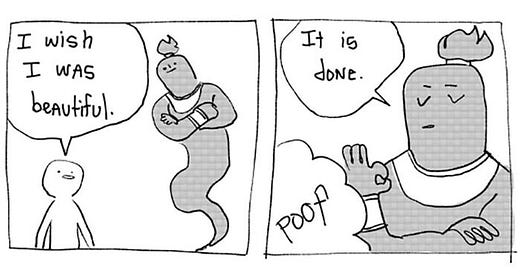





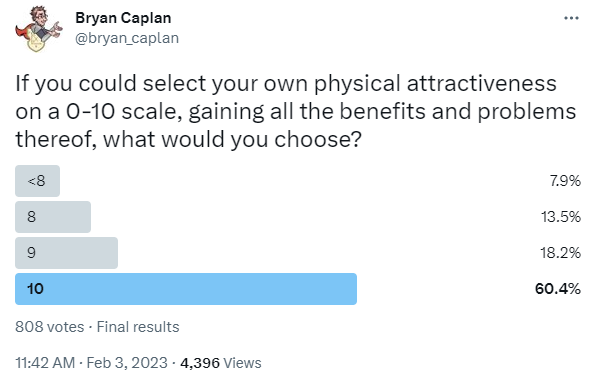
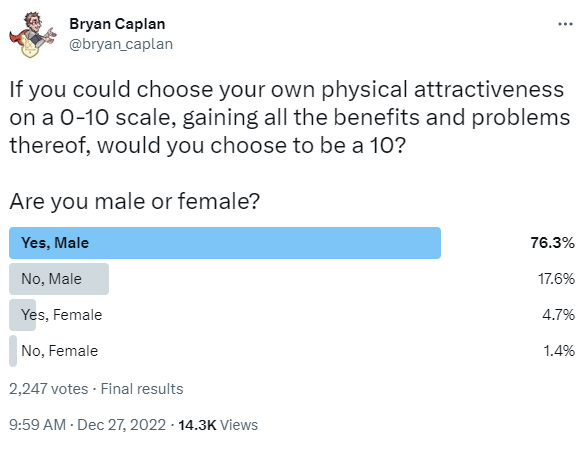
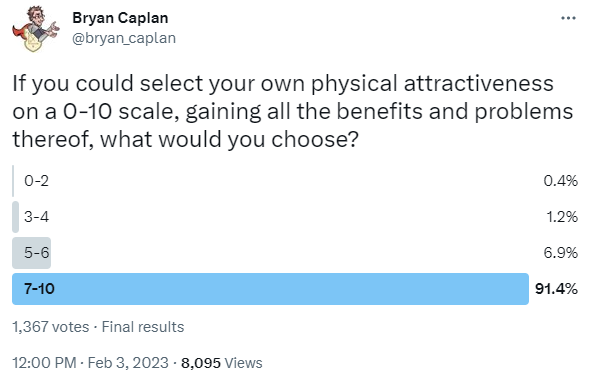
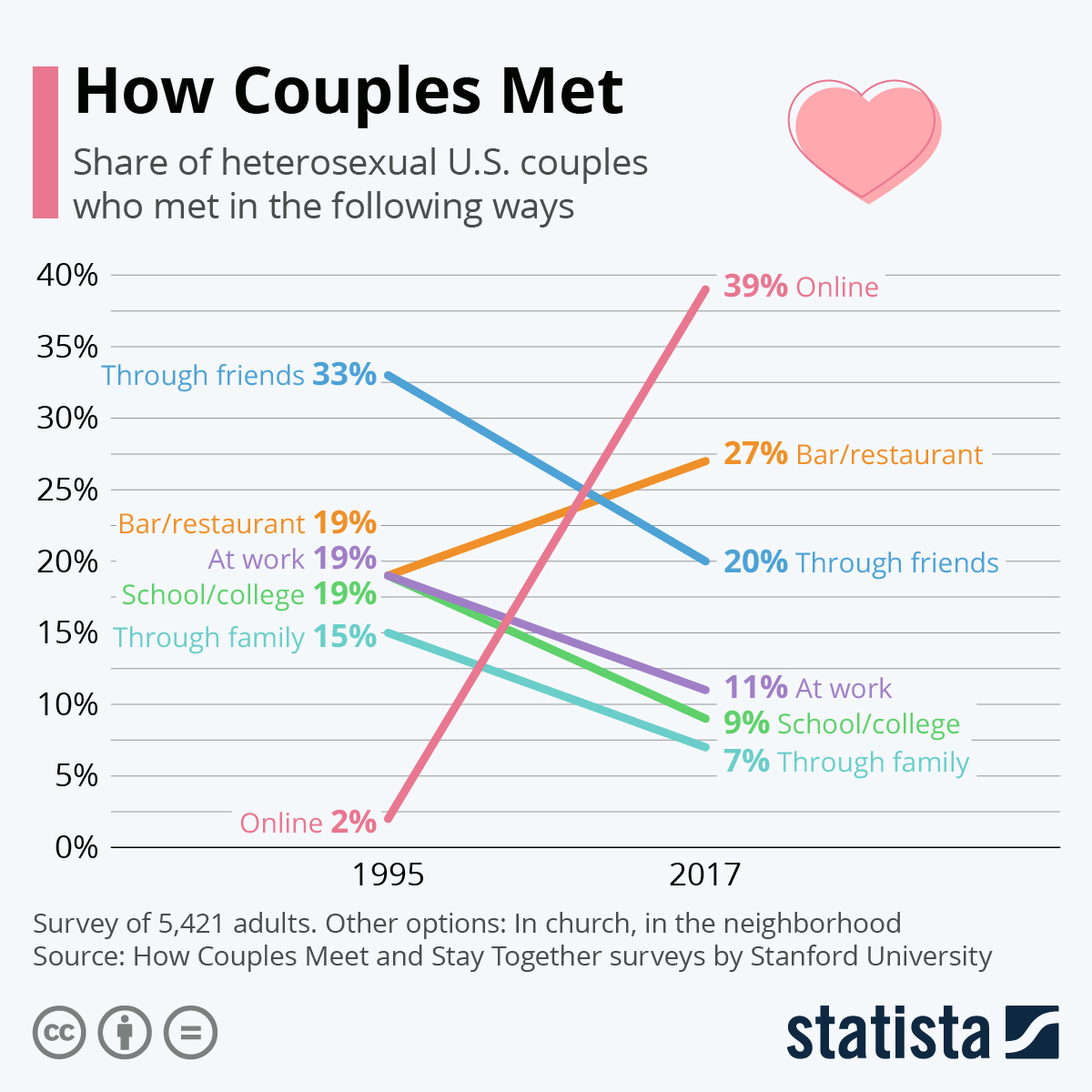
If you exclude "on-line" from both columns and recalculate to 100%, Work doesnt change that much, it goes from 18% to 15%.
The only takeaway from that chart is that on-line has become a big thing.
Brian, could you create a poll asking men if they've been dissuaded from asking out a colleague for fear of a sexual harassment lawsuit, or employer policies implemented to avoid lawsuits? I suspect the problem (less wanted attention) is less severe then you imply. Are people really so paranoid?